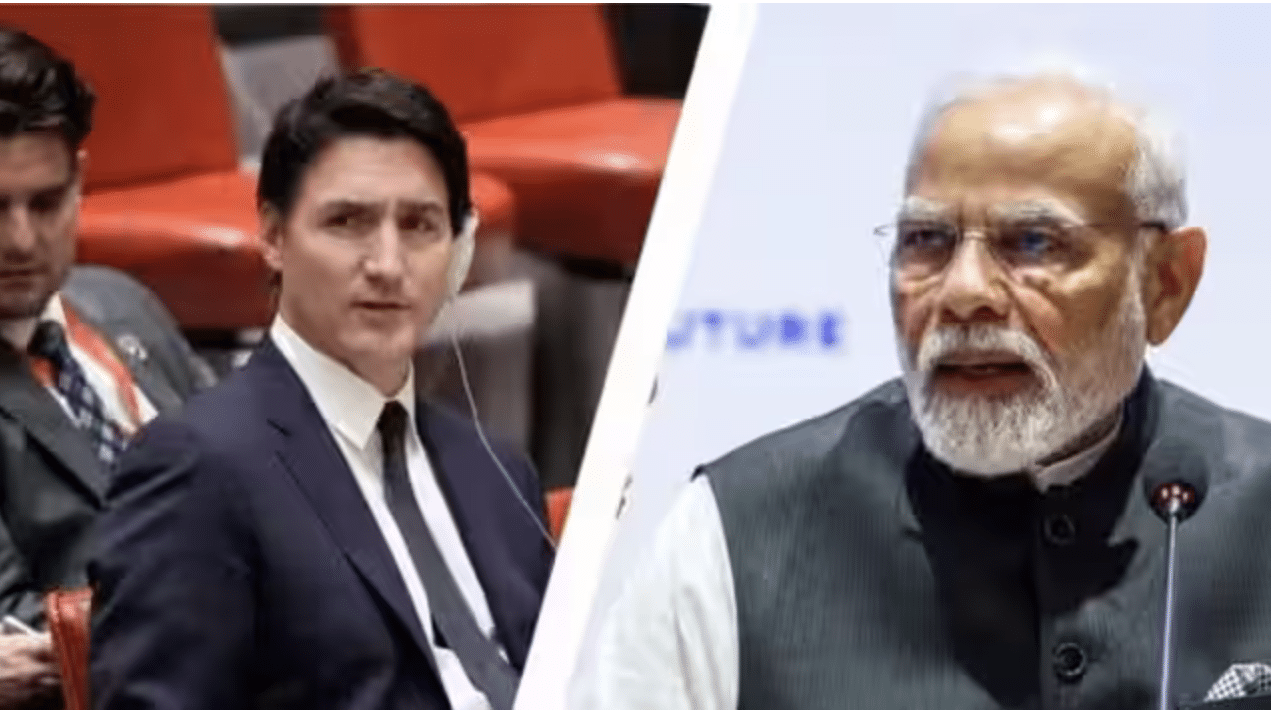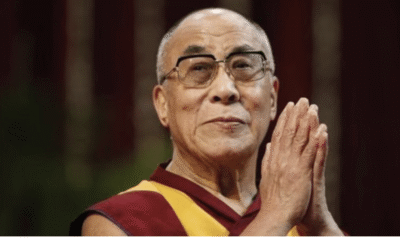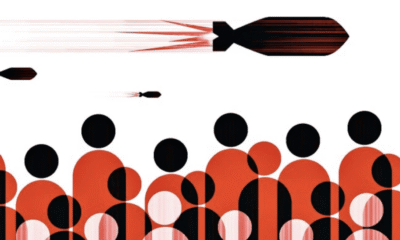
|
Getting your Trinity Audio player ready...
|
(The article was originally published in Indian Express on September 23, 2023 as a part of Dr Madhav’s column titled ‘Ram Rajya’. Views expressed are personal.)
Justin Trudeau, the Canadian Prime Minister, is a troubled man these days. Domestic unpopularity and international marginalisation are haunting him. Ten years ago, when he rose to the leadership of the Liberal Party, many thought he would save it from its sinking political fortunes. Young Trudeau, just 40 then, did not disappoint them.
Justin, the son of a former prime minister, Pierre Trudeau, led the party to a resounding victory in the federal elections in 2015. The Liberal Party, which was down to third position with just 36 seats, won 184 seats in the 338-member House of Commons. In the 165-year history of the Canadian Parliament, he became the second youngest prime minister.
Eight years and three parliament elections later, things appear to be pretty shaky for the still young leader. The opinion polls indicate that a majority of the young voters, who were key to the Liberal victories in three successive elections in 2015, 2019 and 2021, are fast shifting their loyalties to the main opposition Conservative Party. Trudeau’s personal popularity ratings too fell to alarmingly low levels of about 33 per cent in recent polls conducted by Abacus Data Survey and Angus Reid Institute.
A promising career that began in 2015 went downhill due to inexperience and political expediency displayed by Trudeau. The Canadian government’s ethics commission has, on three occasions in the last eight years, held him accountable for scandals and irregularities. His hobnobbing with the Ismaili spiritual head Aga Khan, which included private island vacations and expensive gifts in lieu of granting a $50 billion federal funding to the Aga Khan Foundation in 2016, was held as immoral by the commission. Three years later, in 2019, The Globe and Mail published an article accusing Trudeau of interfering in the country’s judicial system to favour a Quebec-based construction company called SNC-Lavalin in a criminal case. Trudeau was subjected to investigation the third time by the ethics commissioner in 2020 for his involvement in a scandal regarding a federal contract that was awarded to WE Charity.
On the international front too, Trudeau is facing a difficult situation. In 2022, Canadian media reported the widespread interference of China’s Ministry of State Security (MSS) and United Front Works Department in the federal elections in 2019 and 2021 in favour of select candidates of Trudeau’s Liberal Party. Trudeau initially resisted public inquiry as demanded by the Opposition but was forced to relent. Marie-Josee Hogue, a justice in Quebec, has been appointed as inquiry commissioner recently. As she prepared to commence the inquiry, Trudeau made a clever move by expanding her mandate to include not only China, but also Russia and Iran. He might try now to add India also to that list.
Trudeau’s Khalistan conundrum has been raging for many years. His Liberal Party thrived on the support of the Sikh voters who constitute over 2 per cent of the Canadian population. A section of them traditionally supported the Khalistani separatist movement. Some were involved in anti-India terror activities and violence. Trudeau chose to ignore India’s strong remonstrations about the patronage such elements were getting under his regime and openly supported them by appearing in programmes organised by Khalistani elements on several occasions.
The low point came during his maiden India visit in 2018. The eight-day visit was marred by controversies including the presence of Jaspal Atwal, a Khalistani convicted in 1986 for the attempted murder of a minister in the Punjab government, Malkiat Singh Sidhu, and also an assault on the former premier of British Columbia, Ujjal Dosanjh. While Amarinder Singh, then chief minister of Punjab, refused to greet Trudeau in Amritsar, Prime Minister Narendra Modi chose to meet him only on the sixth day and made his displeasure abundantly clear during the joint press conference, insisting that there should be “no space for those who misuse religion… and promote separatism”.
Sadly, nothing changed in the way Trudeau conducted himself even after that disastrous India visit. Under his nose, the Khalistani separatists continued their anti-India activities rather openly. They resorted to public threats to Indian diplomats. A recent handbill circulated in some gurudwaras offered a $10,000 reward for disclosing the residences of Indian diplomats in Canadian cities. Hoardings were put up threatening to kill some of those diplomats. Physical attacks, harassment and accosting of Indian origin activists and defacement of walls in Hindu temples etc also increased in various cities.
The Indian government’s displeasure over Trudeau’s overtures to anti-India forces was discernible at the recently concluded G20 summit. The Canadian prime minister remained on the sidelines and was absent at major events like the state dinner and the launch of the Global Biofuels Alliance. The snag that his Polaris aircraft developed in Delhi, resulting in his delayed departure got more coverage in the Indian media than his contribution at the summit, which was limited to a suggestion about gender-sensitive wording.
Trudeau’s statement at the Canadian House of Commons this Monday that Canadian security agencies were actively pursuing “credible allegations” of a “potential link” between the “agents of the government of India” and the killing of a “Canadian citizen” Hardeep Singh Nijjar should be seen against this background.
“My choice early in life was either to be a piano player in a whorehouse or a politician. And to tell the truth, there’s hardly any difference,” former American President Harry Truman once said. Cornered from all sides, Trudeau seems to have decided to bring out the Trumanist politician in himself.




